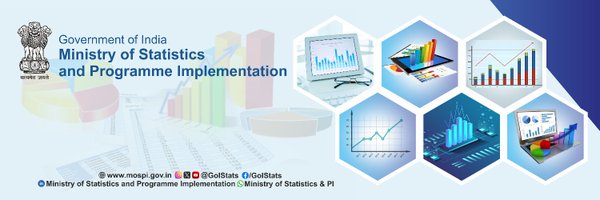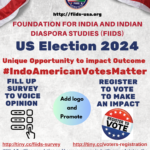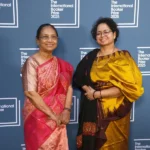The Ministry of Statistics and Programme Implementation (MoSPI) will launch India’s first comprehensive Household Income Survey in 2026, aiming to fill a critical data gap in the country’s statistical system. Led by the National Sample Survey (NSS), the effort marks a major step toward understanding income distribution and long-term economic changes but also reflects decades of institutional reluctance to collect sensitive income data.
This move is a crucial step towards understanding the deep structural changes in the Indian economy over the past 75 years, yet it simultaneously highlights persistent challenges in data collection and raises questions about the political will to confront uncomfortable truths.
The decision to launch this full-fledged income survey marks a departure from a long history of incomplete attempts. Since its inception in 1950, the NSS has shied away from a nationwide income distribution survey, despite its global recognition for household surveys. Previous experimental efforts, notably in the 1950s and 1960s, failed to yield public data, often because income estimates were suspiciously lower than reported consumption and savings – a clear indication of under-reporting or methodological flaws. A pilot in 1983-84 similarly failed to scale up. This history underscores the inherent difficulties in accurately capturing income, particularly in a diverse and largely informal economy like India’s.
The newly constituted Technical Expert Group (TEG), led by Dr. Surjit S. Bhalla, a former IMF Executive Director known for his work on income inequality, is tasked with navigating these complexities. The inclusion of eminent academics and economists, such as Prof. Sonalde Desai and Prof. Praveen Jha, suggests a multi-disciplinary approach to conceptualization, methodology, and data validation. Their expertise will be critical in designing survey instruments that can overcome past pitfalls, including issues of recall bias, informal sector income capture, and potential non-cooperation from high-income households – a challenge that the NSSO itself acknowledged in a brainstorming session in September 2024.
A key aspect of the upcoming survey, as highlighted by MoSPI, is to “assess Impact of adoption of technology on household income (wages).” This focus is timely, given the rapid digital transformation and the growth of the gig economy, which have undoubtedly altered earning patterns across various segments of society. However, accurately measuring these evolving income streams will require innovative approaches to data collection and categorization.
The absence of reliable, comprehensive Income data has long been a point of contention In India’s policy discourse. Researchers and policymakers have often relied on consumption expenditure surveys as a proxy for income, a practice that has its own limitations and has drawn criticism for potentially misrepresenting poverty levels and inequality. The recent debates surrounding the Household Consumption Expenditure Surveys (HCES) for 2022-23 and 2023-24, where methodological changes led to claims of dramatic poverty reduction but also concerns about data comparability, underscore the critical need for direct income data.
While the announcement is a positive step towards improving India’s statistical infrastructure, the success of the 2026 survey will hinge on several factors:
- Robust Methodology: The TEG’s ability to devise a methodology that addresses the historical challenges of under-reporting and accurately captures income from diverse sources, including the informal sector and new economic models, will be paramount. International best practices, as cited, must be rigorously adapted to the Indian context.
- Political Independence and Transparency: The credibility of the data will depend on the perceived independence of the NSSO and the TEG from political influence. Transparent processes for data collection, analysis, and release will be crucial in fostering public trust, especially given past controversies surrounding official data.
- Addressing Non-Response: Previous efforts have struggled with non-response, particularly from higher-income groups. The TEG’s strategies for engaging all segments of the population to ensure representative data will be vital.
- Timely Dissemination: For the data to be impactful for policymaking, its release must be timely and accessible, allowing for robust analysis and debate.
A truly comprehensive and reliable household income survey could revolutionize India’s understanding of its socio-economic realities. It could inform more targeted welfare schemes, refine tax policies, and provide a clearer picture of inequality trends.
However, the path to achieving this is fraught with methodological and practical challenges, and the ultimate utility of the data will depend on MoSPI’s unwavering commitment to accuracy, transparency, and a willingness to accept the findings, whatever they may reveal.






